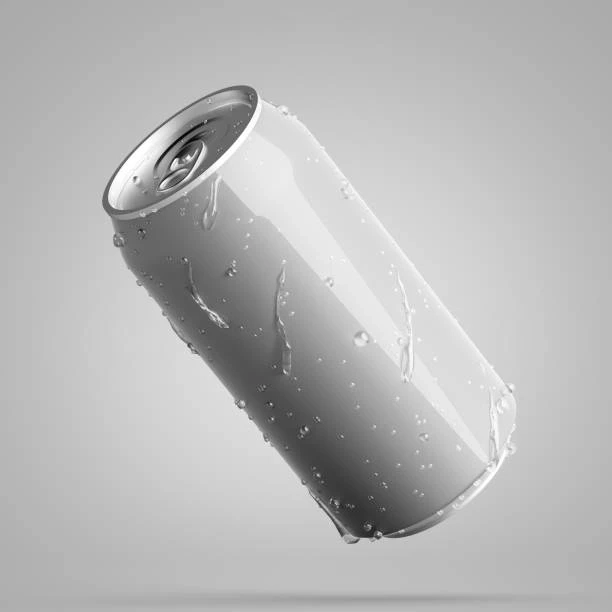Market Overview:
Canned alcoholic beverages are pre-packaged alcoholic drinks that come in a can, offering convenience and portability to consumers. These beverages have gained significant popularity in recent years due to their easy-to-consume nature and convenience for on-the-go occasions. The market offers a wide range of alcoholic beverages, including beer, wine, and cocktails, in various flavors and alcohol content.
The need for canned alcoholic beverages has surged in recent years as consumers seek convenient and ready-to-drink products. These beverages are popular among millennials who value portability, convenience, and innovative packaging. Canned alcoholic beverages also cater to the rising demand for premiumization in the alcohol industry, offering unique and craft flavors in an accessible format.
The global Canned Alcoholic Beverages Market Size is estimated to be valued at US$ 6.11 Billion in 2021 and is expected to exhibit a CAGR of 13.8% over the forecast period 2023-2030, as highlighted in a new report published by Coherent Market Insights.
Market Key Trends:
One key trend in the canned alcoholic beverages market is the increasing demand for low-alcohol and non-alcoholic options. With consumers becoming more health-conscious and seeking moderation in their alcohol consumption, the market has witnessed a rising demand for low-alcohol or non-alcoholic alternatives. Manufacturers are introducing canned options with lower alcohol content or alcohol-free variants to cater to this growing trend. For example, many breweries now offer canned hard seltzers with lower alcohol content, targeting health-conscious consumers who still want an alcoholic beverage but with fewer calories.
PEST Analysis:
Political: The canned alcoholic beverages market is subject to various political regulations such as age restrictions, licensing requirements, and taxes on alcoholic beverages. The regulatory environment varies across different countries and regions, impacting the market's growth and operations.
Economic: The market is driven by economic factors such as disposable income, consumer spending patterns, and economic stability. Increasing disposable income and consumer willingness to spend on premium and convenience products support the growth of the market.
Social: Changing lifestyle preferences, rising awareness of health and wellness, and the influence of social media on consumer choices are significant social factors shaping the market. Consumers are increasingly seeking convenient, portable, and Instagrammable alcoholic beverages for social gatherings and events.
Technological: Technological advancements in canning processes and packaging innovations have played a vital role in the growth of the canned alcoholic beverages market. Advanced canning technologies help preserve the flavor, quality, and shelf life of the beverages, ensuring consistent product quality.
Key Takeaways:
The global canned alcoholic beverages market is expected to witness high growth, exhibiting a CAGR of 13.8% over the forecast period. This growth is attributed to increasing consumer demand for convenience and ready-to-drink options. The portability and easy-to-consume nature of canned alcoholic beverages make them popular among consumers, driving market growth.
In terms of regional analysis, North America is expected to dominate the canned alcoholic beverages market during the forecast period. The region has a well-established alcoholic beverage industry and a strong culture of convenience products. Europe and Asia Pacific are also anticipated to witness significant growth due to changing consumer preferences and rising disposable income.
Key players operating in the global canned alcoholic beverages market include Diageo plc, Brown-Forman, Pernod Ricard, Bacardi Limited, Suntory Holdings Limited, Asahi Group Holdings, Ltd., Anheuser-Busch InBev, E. & J. Gallo Winery, Constellation Brands, Inc., Treasury Wine Estates, Barefoot Cellars, and Kona Brewing Co. These companies focus on product innovation, strategic collaborations, and mergers and acquisitions to maintain their market position and meet consumer demands.
In conclusion, the global canned alcoholic beverages market is poised for significant growth due to the increasing demand for convenience and ready-to-drink products. The market is witnessing trends such as the demand for low-alcohol and non-alcoholic options. With favorable political, economic, social, and technological factors, key players in the market are well-positioned to capitalize on the growing consumer demand for canned alcoholic beverages.


